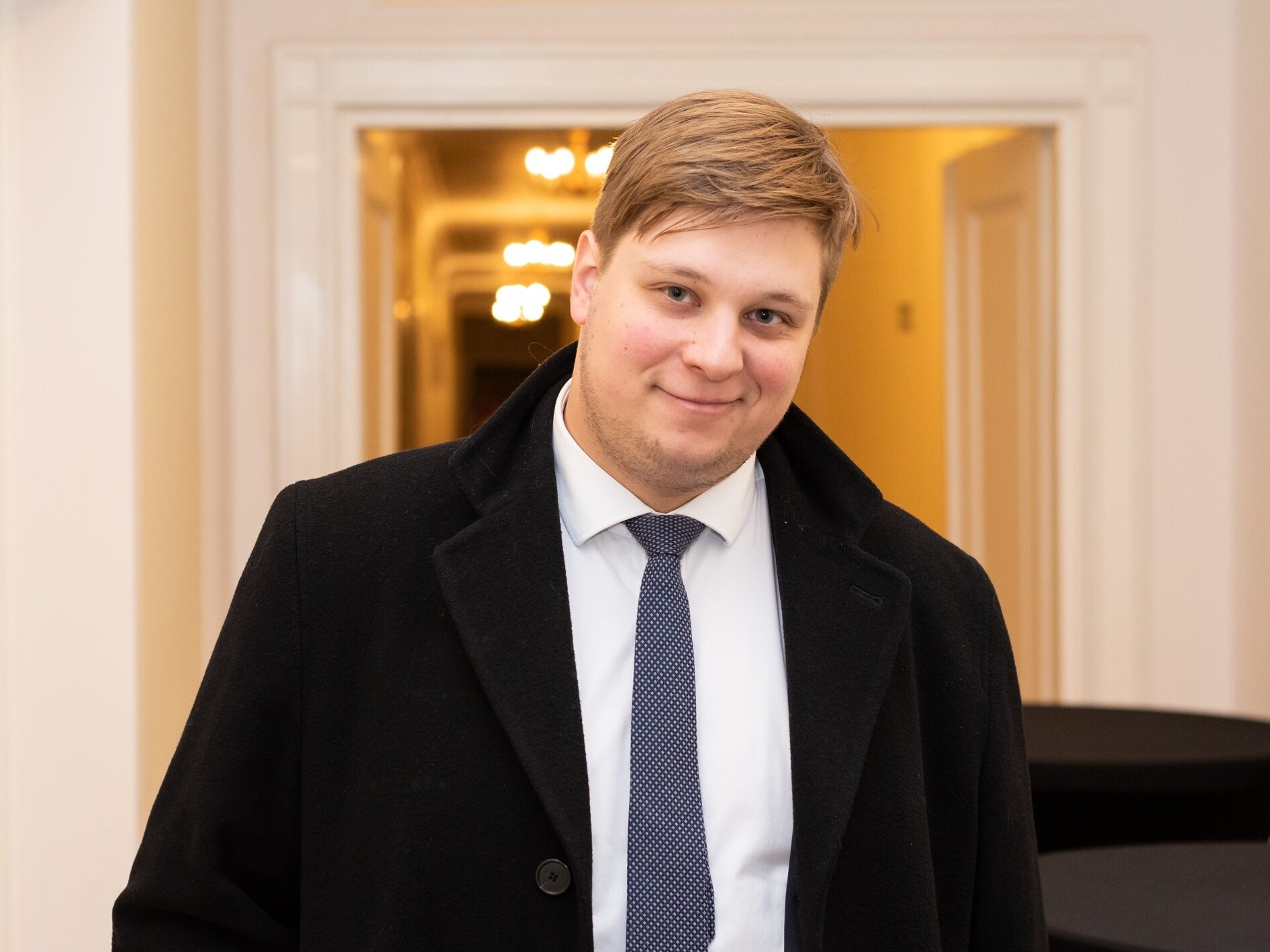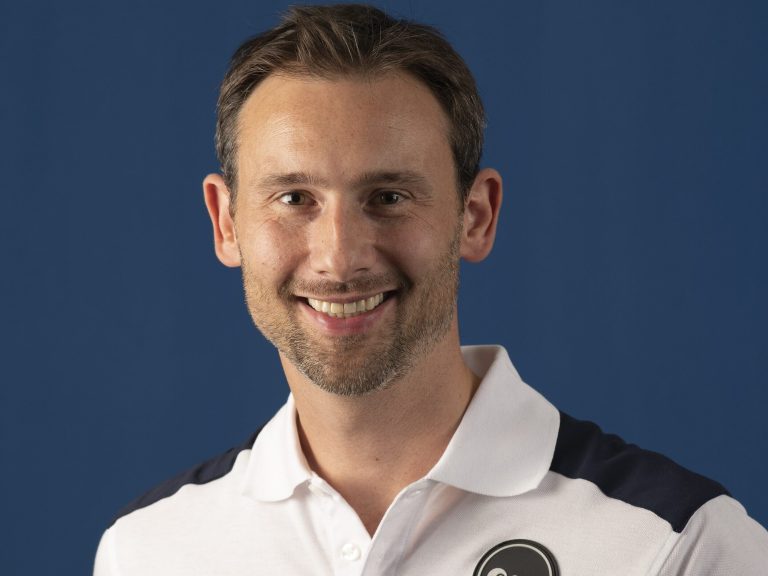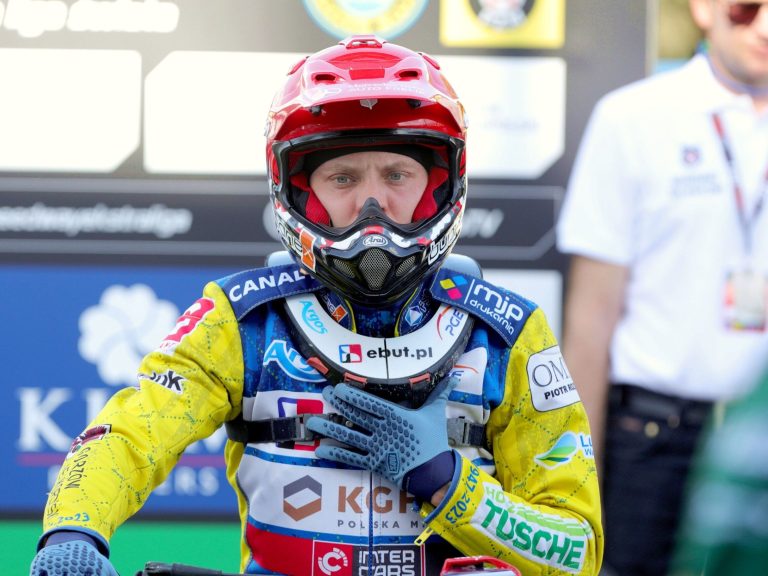There are more and more career paths for young scientists. “They must have an idea”

– The doctorate is to be a process in which we educate an independent, mature scientist. A scientist who is able to conduct the research process from the idea, through obtaining funding and carrying out the project, to the evaluation of its results – says “Wprost” Jarosław Olszewski, chairman of the National Representation of PhD Students. The topic of our conversation was the situation, challenges and future facing young scientists in Poland.
Maciej Zaremba: For several years, doctoral schools have been operating in Poland, introduced under the so-called Act 2.0, which largely reforms the law on higher education and science. Please briefly describe the current process of educating doctoral students in Poland.
Jarosław Olszewski, chairman of the National Representation of PhD Students: At the moment, there are two ways to start a PhD. The first is through doctoral schools. Every year, universities hold a recruitment process in which candidates for doctoral students submit a kind of review of their current scientific achievements, propose a topic for a doctoral dissertation and indicate a research supervisor with whom they would like to work. On this basis, a ranking list is created and candidates are admitted according to it, depending on the number of places in the doctoral school at a given university. And there are as many places in schools as the university has funds to guarantee scholarships to young scientists, which it must pay to all admitted doctoral students.
Doctoral students may also be recruited to doctoral schools for specific grants, including those awarded by the National Science Centre. Then such people are usually accepted beyond this limit of university scholarships, and recruitment takes place within a specific research team that selects the best collaborators.
The basic scholarship is awarded in doctoral schools for four years. In addition, after two years, doctoral students undergo a mid-term evaluation, and after a positive result, the scholarship is increased by twenty percent. However, in the case of a negative assessment, the doctoral student ends his adventure with the doctorate.
The second option is extramural doctorates, i.e. the possibility of submitting a finished thesis directly to the discipline council. Currently, the Sejm is working on regulating this path to obtaining a doctorate, because in the current regulations it has been treated very casually. As the National Representation of Doctoral Students, we have made every effort to ensure that people who pursue their doctoral studies on an extramural basis have access to research infrastructure, university libraries, the possibility of applying for various types of scholarships, etc. We hope that the amendment containing these changes will quickly complete the legislative process.
Has the introduction of doctoral schools brought the expected effect?
Doctoral schools were to increase the elitism of education by admitting a smaller number of doctoral students, but in a more conscious and effective recruitment process. The scholarship at the level of the minimum wage was to enable doctoral students to focus more on scientific work and thus speed up the process of doctoral studies.
It must be admitted, however, that in the current conditions this effect has not been achieved. It’s hard to say whether because of the assumptions of the project or because of the conditions in which we find ourselves. Rampant inflation made the amount of scholarships obsolete. In addition, issues related to the COVID-19 pandemic strongly disturbed the work of especially the first years of doctoral schools. As soon as they submitted their individual research plans and planned work for four years of their doctorate, the universities were closed due to the epidemic threat. As a result, these research plans have largely become obsolete for reasons completely beyond the control of young scientists.
So the issue of the pandemic had a strong impact on the education of doctoral students?
Definitely yes. This made it impossible to achieve some of the goals set in individual research plans. Such a circumstance was also not included in some regulations of doctoral schools, which were established by the universities themselves. This has led in some cases to a stalemate where the obvious reason for extending the doctoral thesis, which is the pandemic, cannot be taken into account on the basis of the applicable regulations.
Does the National Representation of PhD Students take any action in this situation?
After a few months, we managed to reach an agreement with the Ministry of Education and Science. The Ministry of National Education and Science is preparing a position paper in which it will inform universities that the COVID-19 pandemic should be considered a reason that allows the current fourth year of doctoral schools to extend their doctorate beyond the statutory regulations.
And at the moment, what are the biggest challenges faced by young scientists in Poland? Is it mainly financial challenges?
Yes, it’s largely a variety of financial challenges, including very low-level scholarship issues. Now, due to the change in the regulation on changing the minimum wage for professors, these scholarships will increase by 12.8 percent. However, we will still not exceed the minimum wage for the first two years.
Please tell me what are implementation doctorates and how do they work?
It is a program run by the Ministry of Education and Science. The implementation doctorate is a great opportunity, because it causes double “employment” of a young scientist who is both an employee of a company that wants to develop in terms of innovative technologies, and a doctoral student of a specific university. Thanks to this, he has access to the university’s infrastructure, its scientific resources and its scientists. The university provides funds for this person’s scholarship and research, which are reimbursed by the ministry. Thanks to this, we have scientists who gain experience in the industry environment, and for this industry environment they solve research problems using university infrastructure.
In my opinion, this is a very good program due to the shortcomings we have in our country in terms of contacts between business and science. I believe that the administration of a large part of our universities is not prepared for the possibility of cooperation with business, and the use of the university’s research infrastructure for the needs of industrial innovation is blocked by the sluggishness of the administration. It is extremely important for university staff to see the positives of such cooperation. In my opinion, the program is really great conceptually. This is its fifth edition and it evolves with each one, and the number of implementation doctorates is increasing.
The National Representation of PhD Students tries to promote this aspect of research implementation. This year, together with the Ministry of Education and Science, the Central Office of Measures and the Łukasiewicz Center, we were the main organizer of the conference “Kadry of the future. 5 years of implementation doctorates”. We tried to distinguish the best works of implementation doctoral students in the competition, as well as discuss the possibilities of development and the needs of the entire program.
What after PhD? What are the career paths for young scientists who have already obtained a PhD degree? Can they count on support in finding further employment?
The problem is multifaceted. So far, we have emphasized that not all young doctors will find places at the university, but they do not have to, because business needs them. More and more industries need people with a scientific background. It’s not just innovative technologies, IT, engineering, etc. Equally important are people with scientific skills in social industries related to PR, sociology, legislation or banking. As the National Representation of PhD Students, we talk about it as part of the Work&Science Forum organized by us job fairs in the innovative technology sector. There is also the aspect of the decreasing number of doctoral students, largely related to the decline in the prestige of the profession of an academic teacher. Therefore, universities will also look for doctors and try to keep them.
However, there are more and more career paths for young scientists. The issue of popularizing science is becoming increasingly important. During a certain decline of academic authority and the flood of information from the Internet, people are needed who are able to popularize science simply but reliably.
Another issue is acquiring the scientific skills needed in business. We have a lot of great start-ups in Poland. There are many innovative companies that need not only scientific but also managerial staff to develop.
And if someone decides to pursue a scientific career, what does it look like nowadays?
The aspect of undertaking a conscious scientific career is extremely important. A scientific career associated with professors who only work at the university, conduct classes and explore some aspect of knowledge, is somewhat a thing of the past. We have a huge internationalization of science, research teams, research equipment. We are already talking about equipment and research teams that are unique not only on a national scale, but also on a European scale. It is such centers that drive modern science to the greatest extent.
Currently, a scientific career is very much associated with leadership and managerial skills. It is no longer enough to have a great topic and be an expert in it. You still need to raise money for your research, try to promote it, build a kind of brand to be recognizable not only in the country, but also abroad. There is a lot of money in science, there are many different types of support programs, but you need to have an idea for your own career development.
And we need to start educating about what a scientific career is currently associated with, even at the earlier stages before studies. So that the choice of a scientist’s career is supported by knowledge about what it will look like. Then there is a chance that in addition to scientific satisfaction, it will be financially satisfying work. It seems to me that the time of people staying at the university for lack of other ideas for themselves is passing, because the competition and internationalization in the scientific arena are too great for such an approach to ensure finding a satisfactory place for themselves.
If you were to give one piece of advice to younger colleagues who are just starting their PhD, not yet fully knowing what it will entail, what would it be?
It’s very simple. The most important thing is the choice of the promoter in terms of the master-student relationship, in terms of the possibility of obtaining knowledge from this person and cooperation with him. It has been repeated many times in the environment of both young and mature academics that without good supervisors there will be no good doctoral students.
The doctorate is to be a process in which we educate an independent, mature scientist. A scientist who is able to conduct the research process from the idea, through obtaining funding and carrying out this project, to evaluating its results and publishing them in such a way that they reach the appropriate body. Of course, the doctoral school can help in this, give some kind of workshop skills, but the role of the person who will supervise it directly is irreplaceable. If I can give any advice to young scientists who want to undertake the effort of a doctorate, then apart from the fact that they must have their own idea, they must find a supervisor who will be convinced that they have something to learn and want to do it.






